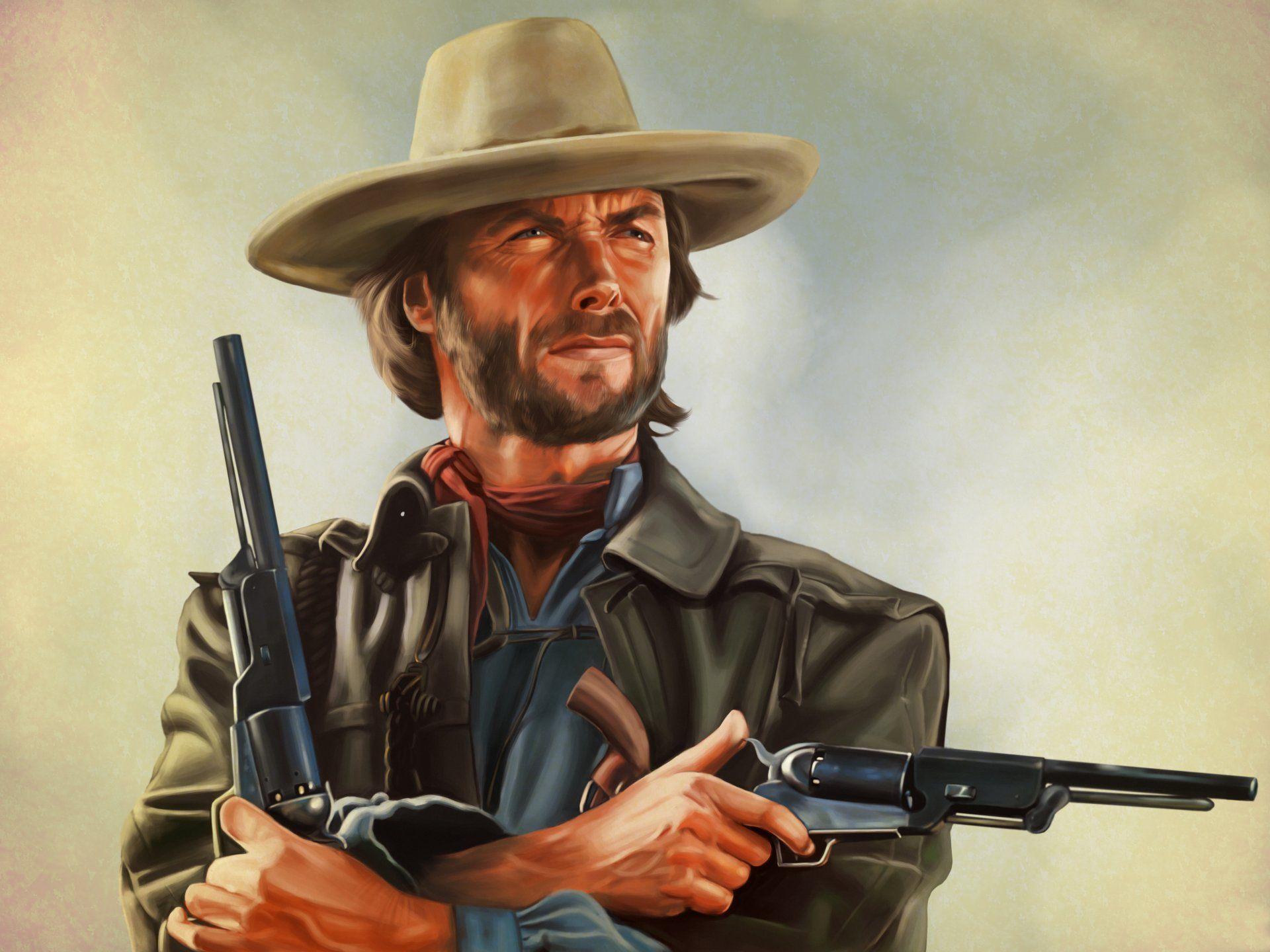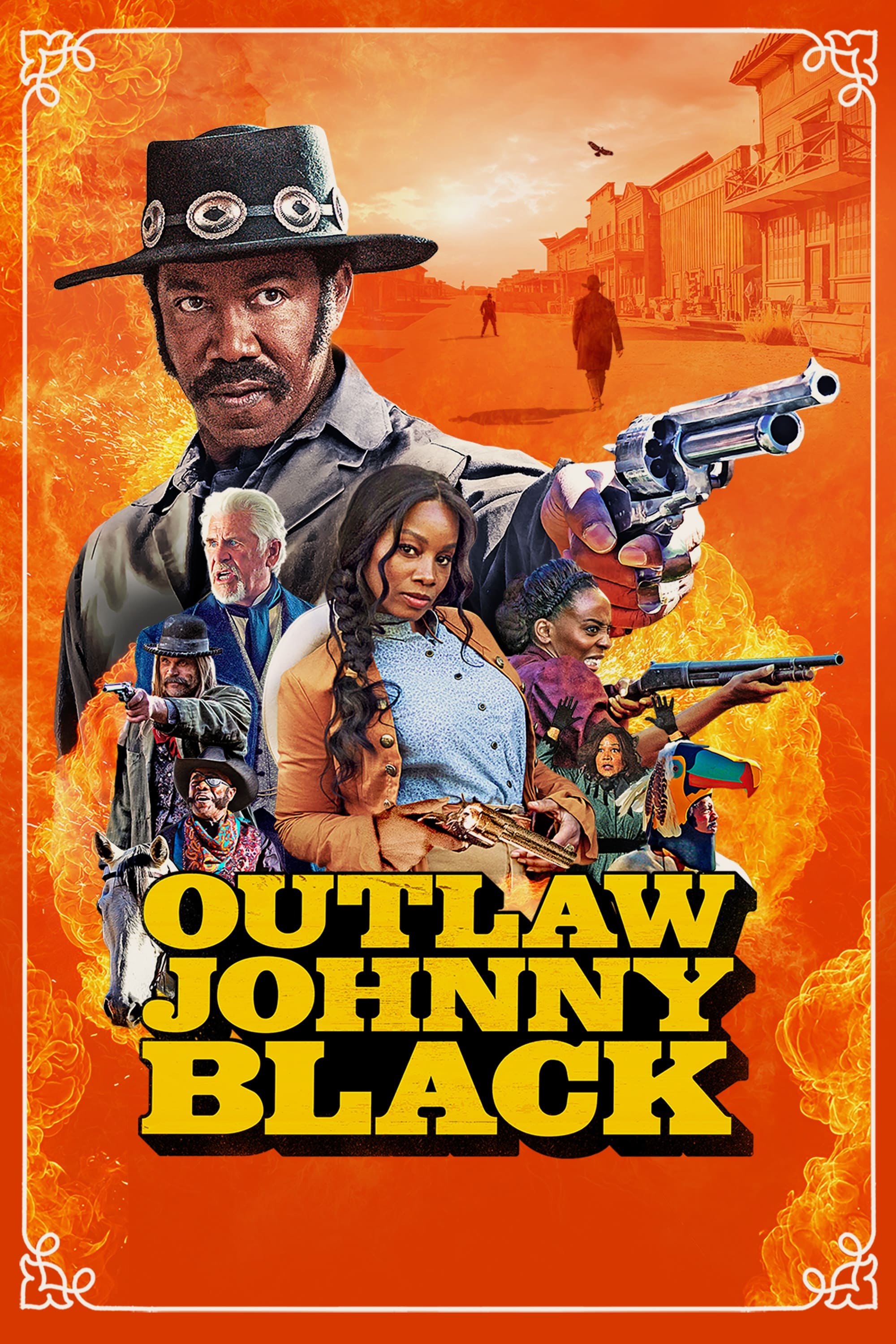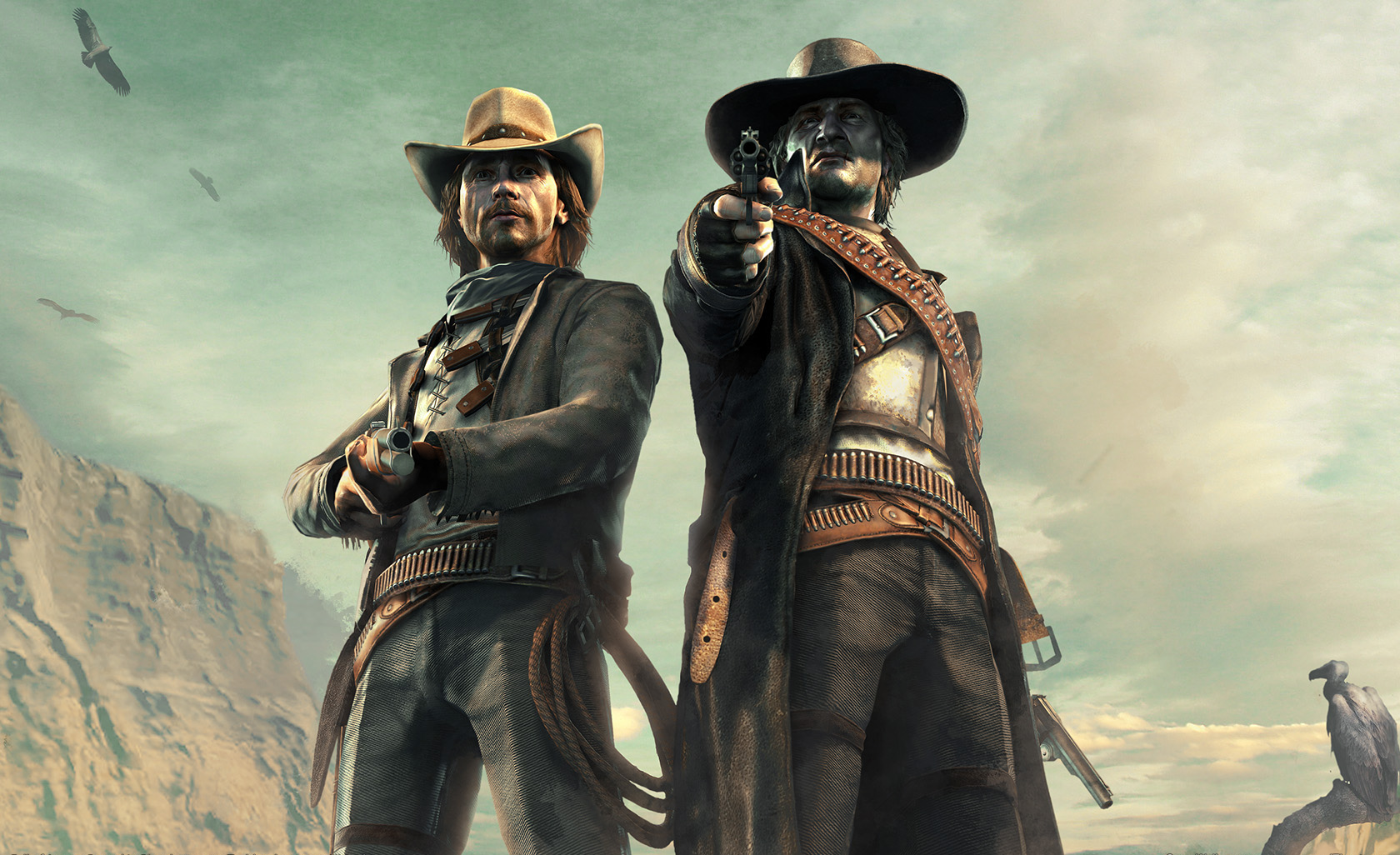Outlaw Apparel Net Worth: What Defines The Value Of A Rebel Brand?
Have you ever wondered about the true worth of brands that march to their own beat, like those embracing an "outlaw" spirit? It's almost, a fascinating thought, isn't it? When people search for "outlaw apparel net worth," they're often looking for more than just a number; they're curious about the substance behind a style that stands apart. This kind of clothing, you know, often speaks to a sense of freedom and a life lived on one's own terms, which is pretty compelling to many folks.
The idea of an "outlaw," as our text shows, is someone outside the usual rules, a person who might be a fugitive from what's considered normal. This very definition, like, "a person declared as outside the protection of the law," or someone "who has broken the law and who lives separately from the other," really captures the essence of a certain kind of apparel. It's clothing that isn't about fitting in; it's about making a statement, perhaps a bit of a rebellious one, which can be quite powerful in the fashion world.
So, when we talk about "outlaw apparel net worth," it's not simply about how much money a company has in the bank. It's also, very much, about the cultural impact, the loyalty of its followers, and the unique message it sends. We're going to look at what truly gives value to a brand that embodies this distinct, free-spirited character, exploring the different ways its "worth" can be seen and understood.
Table of Contents
- What Does "Outlaw" Really Mean in Fashion?
- Understanding Brand Worth: Beyond the Numbers
- How a Brand's Value is Measured
- The Audience for Outlaw Apparel
- Exploring Related Concepts
- Frequently Asked Questions
What Does "Outlaw" Really Mean in Fashion?
The Spirit of the Outlaw: A Cultural Look
The word "outlaw" carries a lot of weight, doesn't it? Our source tells us it's about someone "excluded from the benefit or protection of the law," or a "criminal who is hiding from the authorities." In fashion, this doesn't mean the clothes themselves are illegal, obviously. Instead, it captures a feeling, a mood. It's about breaking away from mainstream styles, refusing to conform, and sometimes, just a little bit, challenging the usual way of doing things. This spirit, you know, can be very appealing to people who feel a similar pull.
Think about it: the idea of being "outlawed" or "placed under a ban" in a literal sense, like when something is "outlawed the sale of firearms," translates into a symbolic rebellion in clothing. It's a refusal to be constrained by what's popular or expected. This approach to style, very often, draws people who value independence and a strong sense of self, which is actually quite a distinct group.
Apparel as a Statement
When clothing is described as "outlaw apparel," it often suggests garments that are rugged, authentic, and perhaps a bit defiant. It's not about delicate fabrics or fleeting trends; it's about durability, character, and a story. This kind of clothing, you see, acts as a visual declaration of one's identity. It says, "I'm not like everyone else," and that's a powerful message to send without saying a word, really.
For example, if a brand's clothing makes you feel like "a bandit, a criminal" in the best, most adventurous sense, then it's probably hitting that outlaw note. It's about evoking a certain lifestyle, one that might involve open roads, independence, and a bit of daring. This connection to a specific narrative is, in some respects, a huge part of its appeal and, by extension, its value.
Understanding Brand Worth: Beyond the Numbers
When people ask about "outlaw apparel net worth," they might first think of financial figures. But for a brand rooted in a concept like "outlaw," its true value stretches far beyond simple money. It's about something deeper, something that connects with people on an emotional level. This broader idea of worth, quite frankly, is what gives many niche brands their staying power.
Customer Loyalty and Community
A brand that embodies the "outlaw" spirit often builds an incredibly loyal following. People who buy into this style aren't just purchasing clothes; they're joining a community, a tribe, if you will. This loyalty is, perhaps, one of the most valuable assets a brand can have. It means repeat business, positive word-of-mouth, and a strong, supportive base that helps the brand grow organically, which is very important.
When customers feel a strong connection to a brand's ethos—its commitment to being "outside the protection of the law" of mainstream fashion, for instance—they become advocates. This kind of deep attachment, you know, translates into a kind of "net worth" that doesn't show up on a balance sheet but is absolutely vital for long-term success. It's a shared identity, really.
Brand Identity and Market Position
The distinct identity of "outlaw apparel" sets it apart in a crowded market. Its position is often niche, serving a specific group of people who resonate with its message. This clear identity, very often, means it avoids competing directly with larger, more generic brands. Instead, it carves out its own space, becoming the go-to choice for those seeking that particular vibe, which is a smart move.
A brand that consistently delivers on its "outlaw" promise—meaning it sticks to its rebellious, independent roots—builds a strong reputation. This reputation, in a way, becomes a valuable asset. It's about being known for something specific and delivering on that promise, which helps it stand out from the crowd. Learn more about brand identity on our site, and it shows how important this can be.
Product Quality and Craftsmanship
For apparel that embodies a rugged, authentic spirit, product quality is, quite frankly, paramount. Customers expect durability, comfort, and attention to detail. Clothes that are made to last, that feel good, and that look the part, contribute significantly to a brand's perceived value. This isn't just about fashion; it's about function and reliability, too.
When a brand focuses on craftsmanship, it builds trust with its audience. People are willing to pay more for items they know will stand the test of time and reflect the brand's commitment to its values. This dedication to quality, you see, strengthens the brand's overall worth, making it a reliable choice for its followers. It's a key part of the appeal, basically.
How a Brand's Value is Measured
While we don't have specific financial data for a particular "Outlaw Apparel" company from our provided text, we can talk about how a brand's "net worth" or overall value is typically assessed in the business world. It's a mix of tangible and intangible factors, and it's quite a complex process, really. This helps us understand what drives the perceived worth of any apparel brand, especially one with such a strong identity.
Revenue Streams and Sales Trends
Any apparel brand's financial health, more or less, starts with its sales. This includes how much money it brings in from selling clothes, accessories, and perhaps other related items. Consistent growth in sales, for example, is a very positive sign, showing that people are buying what the brand offers. Tracking these trends, you know, gives a clear picture of its market performance.
Factors like online sales, retail partnerships, and direct-to-consumer channels all contribute to revenue. The ability to generate steady income and expand its customer base shows a brand's commercial viability. This financial strength, quite simply, is a major component of its overall "net worth" in a traditional business sense, even for a niche market.
Brand Equity and Reputation
Brand equity refers to the value a brand adds to its products or services. It's about how well-known the brand is, how positively it's viewed, and how loyal its customers are. For "outlaw apparel," this means the strength of its association with rebellion, independence, and quality. A strong reputation, you see, allows a brand to command higher prices and retain customers more easily.
This intangible value is, in fact, incredibly important. It's built through consistent messaging, positive customer experiences, and a clear brand story. When people trust and admire a brand, that trust translates into a form of capital. This kind of reputation, quite simply, is a huge part of what makes a brand valuable, perhaps even more so for brands with a distinct cultural appeal.
Digital Presence and Influence
In today's world, a brand's online footprint is, arguably, a massive part of its value. This includes its website, social media presence, and how it engages with its audience digitally. For a brand like "outlaw apparel," having a strong online community and effective digital marketing can really boost its reach and influence, which is very important for growth.
The number of followers, engagement rates, and the ability to convert online interest into sales all contribute to a brand's digital "worth." Trends, like those you might see on Google Trends for apparel styles, can also show interest in certain looks, which a brand might tap into. This digital influence, you know, can open up new markets and strengthen customer relationships, adding a lot to its overall perceived value.
The Audience for Outlaw Apparel
Who Wears Outlaw Style?
The people drawn to "outlaw apparel" are, typically, those who appreciate individuality and a bit of an edge. They might be motorcyclists, musicians, artists, or just anyone who feels a connection to the rebellious spirit. They are not looking for mass-produced items; they seek authenticity and a story behind their clothes. This group, you know, values personal expression above all else.
They are, in some respects, people who see themselves as "fugitives from the law" of conventional fashion. They want to stand out, to make a statement without necessarily being loud. This audience is often very discerning, looking for quality and a brand that truly understands their lifestyle. Their specific tastes, actually, shape the demand for this kind of apparel.
Their Interests and Desires
Beyond clothing, the audience for "outlaw apparel" often shares interests in things like freedom, adventure, and self-reliance. They might be drawn to vintage aesthetics, classic craftsmanship, or gear that can withstand the elements. Their pain points could include finding clothing that truly reflects their identity, or items that are durable enough for their activities. This is why, very often, such brands focus on both style and function.
They desire clothing that feels authentic, that tells a story, and that aligns with their personal values. This isn't just about fashion trends; it's about a lifestyle choice. Brands that understand these deeper desires are the ones that build lasting connections and, consequently, build significant value in the eyes of their customers. It's a very personal connection, really.
Exploring Related Concepts
The Appeal of Rebel Fashion
The enduring appeal of "rebel fashion" is, quite honestly, a powerful force in the industry. It speaks to a human desire for self-expression and a rejection of conformity. From leather jackets to distressed denim, these styles have a timeless quality because they tap into a universal yearning for freedom and individuality. This is why, perhaps, "outlaw apparel" resonates so deeply with its audience.
This appeal isn't just about looking cool; it's about feeling empowered and distinct. It's about wearing your attitude on your sleeve, so to speak. The emotional connection people have to rebel fashion contributes significantly to the market's overall vibrancy and

Outlaw 1920x1200 Wallpaper

The Outlaw Johnny Black - Data, trailer, platforms, cast

Outlaw - The Homebrewery